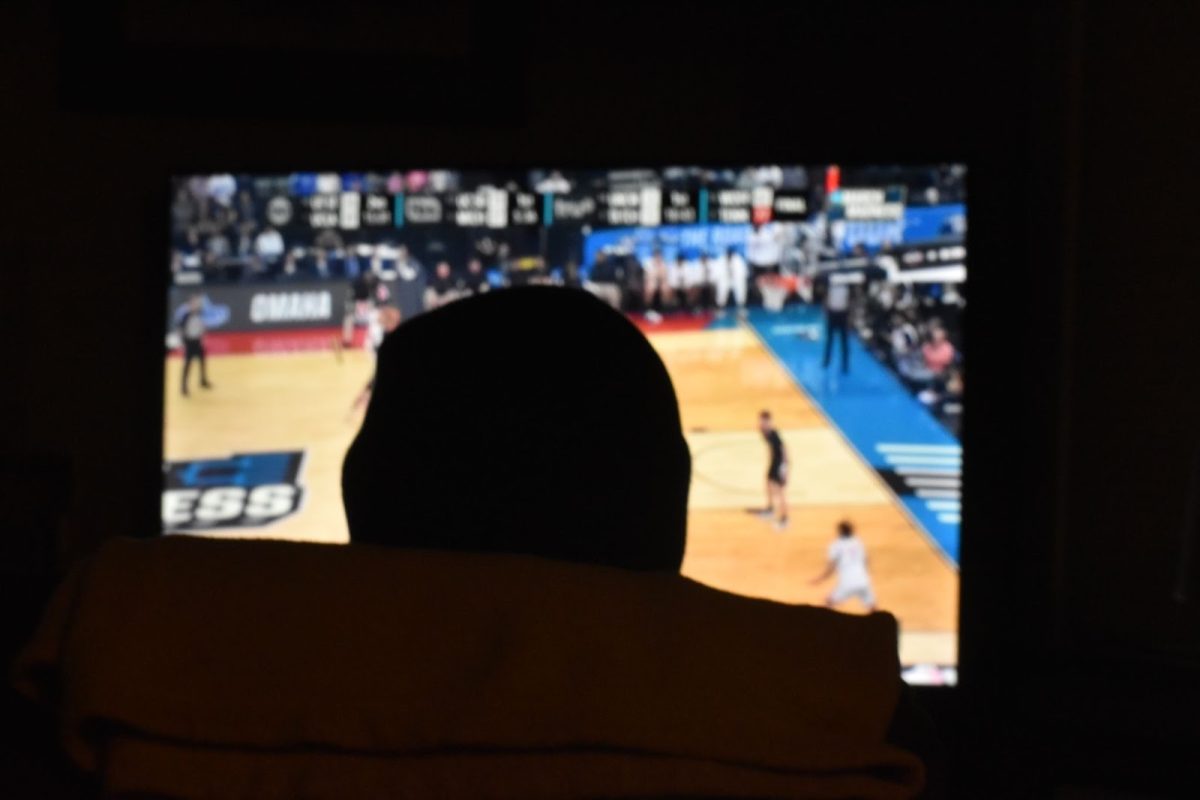
In recent years, I’ve often found myself disappointed by the lack of discussion surrounding mental health topics in schools. Yes, there were little pockets of discussions in Health classes or when it was relevant in English classes. Overall though, considering every single person on the planet has a brain (and therefore mental health relevant to them), it seems like these topics should be far less sparse in public school curriculum. This is one of the reasons why I was very pleased when ASB announced they would be organizing a Self-Care Week for the second year in a row.
ASB Vice President Loghan Miller (12) explains that Self Care Week started last year in response to a leadership conference she attended, along with last year’s ASB President. “We went to a lesson on self-care in schools and we came to the shocking realization of the lack of mental health awareness at Franklin,” says Miller. So, self-care week emerged.
It’s true that Self Care Week doesn’t bring mental health education into the curriculum. That said, student leadership bringing self-care and mental health to the forefront of school activity carries its own value. This value was especially apparent this year, with ASB putting together a mental health podcast titled “Share Your Story FHS.” “We wanted to do a podcast [last year] but it ended up getting pushed aside with the volume of all we needed to do for other activities. This year we really wanted to get the podcast put through,” says Miller.
The podcast is comprised of 25 anonymous student stories about various mental health experiences (mental illnesses, suicide, self-harm, and so on). The stories vary in length and intensity; some include more detail, but they all convey emotion. In regards to the experience of reading the stories, Miller said “it was honestly very difficult. A few classmates who were working on the podcast with me had to pause when reading them because they can be hard to read.” The podcast is also hard to listen to. I can attest to that myself. Nobody wants others to struggle, but it is a reality, though harsh, that we all must face. “For me it was most impactful because these students were able to share their stories and finally be heard in some way. I think it also opened our eyes a little bit to see that there are students struggling at Franklin that could maybe use support but don’t know where to get resources or are too scared to ask. I think ASB is going to focus on bringing that to the attention of our administration,” continues Miller.
So despite the fact that listening to these stories of students who struggle can be emotional and uncomfortable, the positive value is too strong to ignore. After all, you can’t solve a problem without the courage to address it. So, thank you. Thank you to ASB for taking this project on, and recognizing that it doesn’t stop here; this is a step towards future progress.
“I think that it’s such an important topic to bring to discussion, especially in a school setting where there can be a lot of stress and negativity. I think that students sharing other students’ stories anonymously regarding these topics is an important way to validate feelings and spread awareness!” says Olive Vigna (11), who volunteers for Youthline, a teen-to-teen mental health crisis line. “I also think it’s really important to be constantly talking about this subject, not only during times of high stress like finals, because many people struggle with their mental health year round. I think students should feel validated for their struggles no matter what time of year it is.” Hopefully, as a school, we can gradually move towards normalizing these types of discussions as an important way of checking in with each other and spreading awareness.
The podcast is a reminder that everyone has their own complicated backstory that hides behind the walls they may choose to put up. When I was listening to the podcast, I wondered if any of the submissions were from people I knew, whether it was one of my friends or someone from my history class. For me, this was a demonstration of how you never really know what someone is going through. Sometimes, the people that are severely struggling are the last people you would expect to struggle at all. Moreover, I know that the stories in the podcast represented only a percentage of Franklin students who suffer from various forms of trauma or mental health problems. Sharing your experience can be scary, even if it’s anonymous. It pushes people to a level of vulnerability that can be too daunting to confront, and that is completely okay! My hope is that with this in mind, people can begin to push their judgements of others aside and it can be Self Care Week all the time!
































